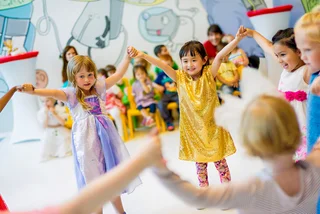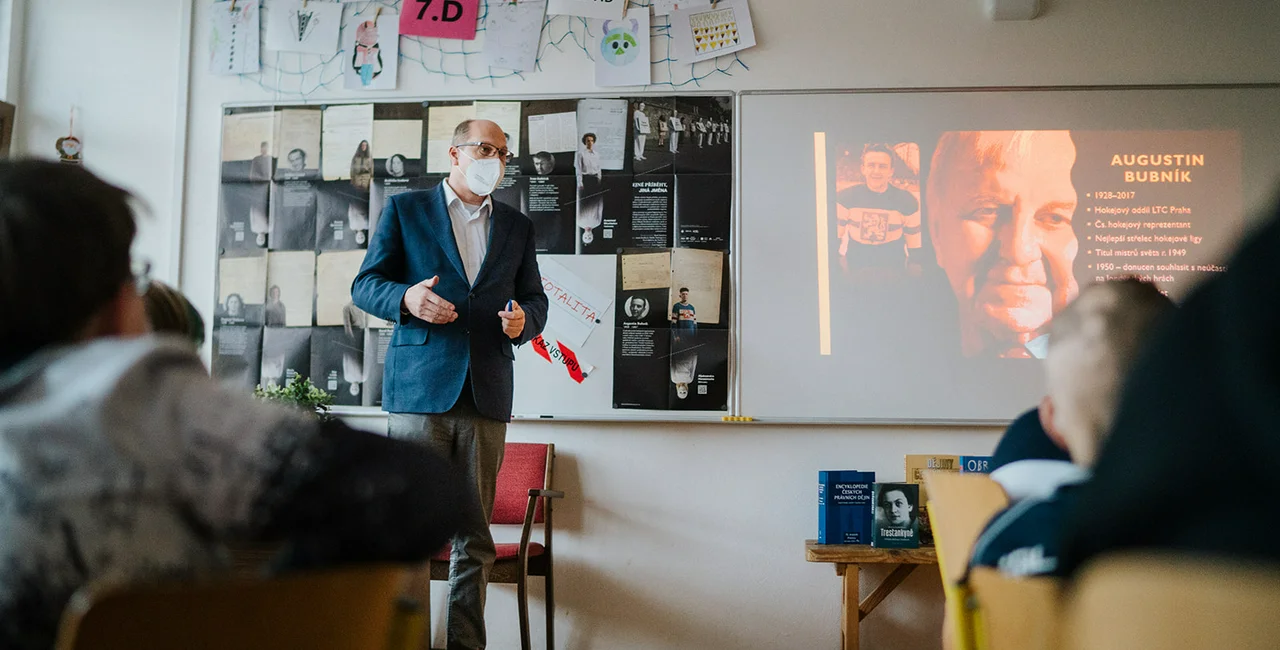Abrhamova said schools' interest in the materials intensified after Russia attacked Ukraine in late February. The number of users watching or downloading the videos has risen seven times, compared with last year. Since the beginning of the Russian invasion on February 24, people have watched over 3,000 videos and downloaded over 4,500 materials for school lessons, Abrhamova said.




